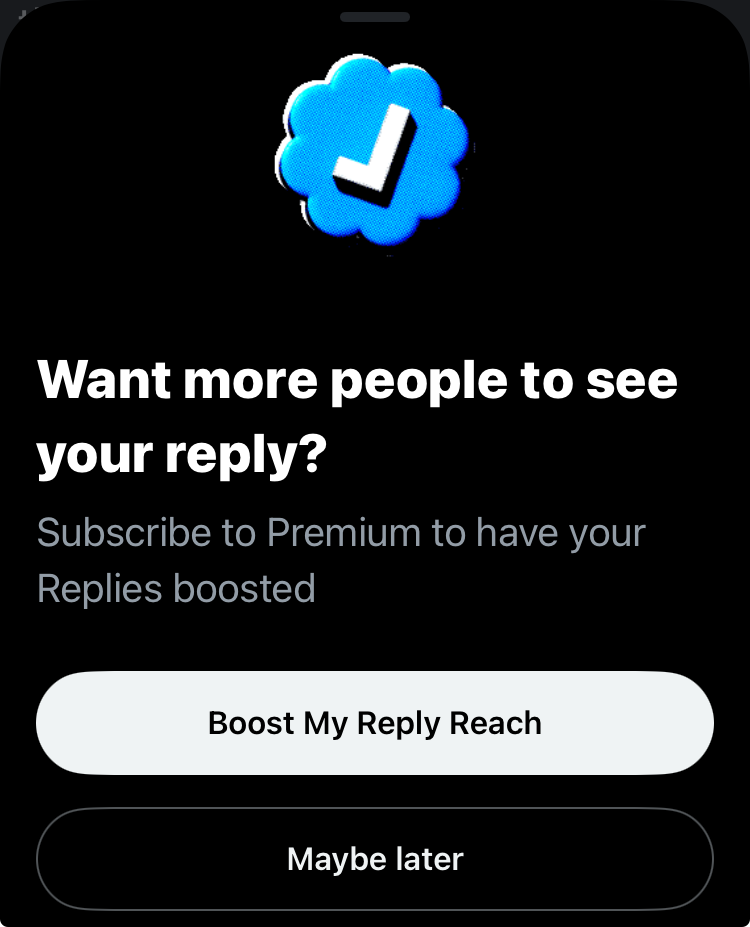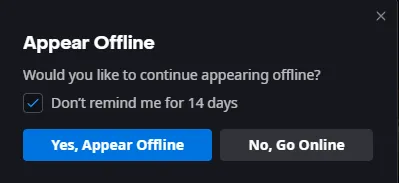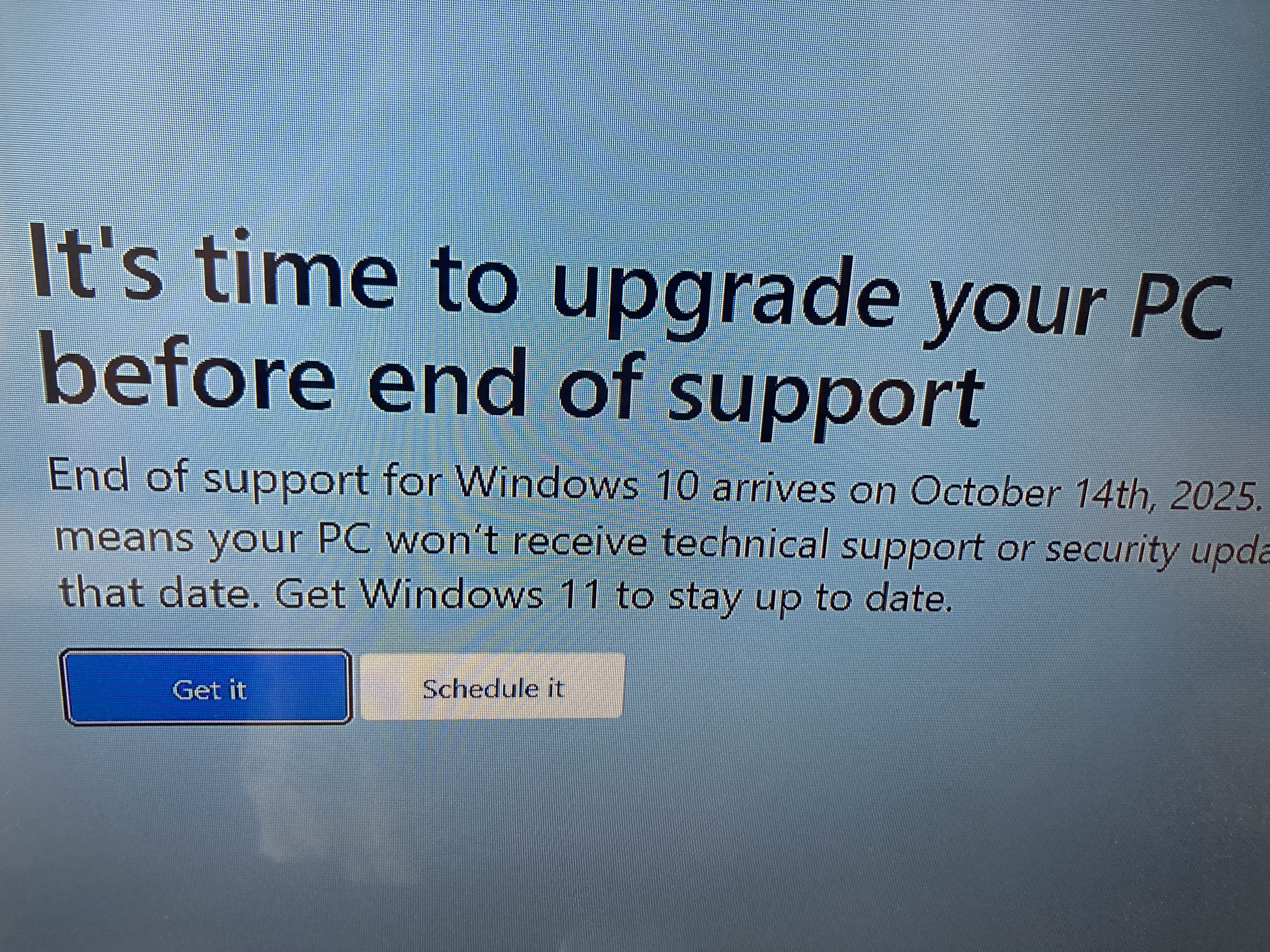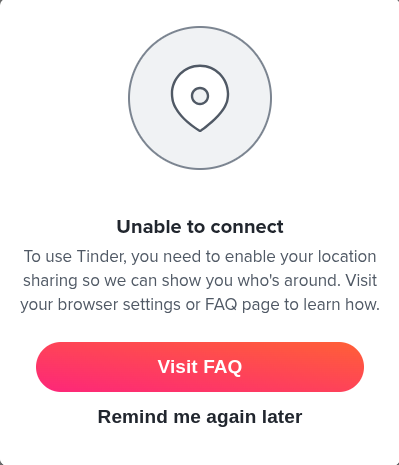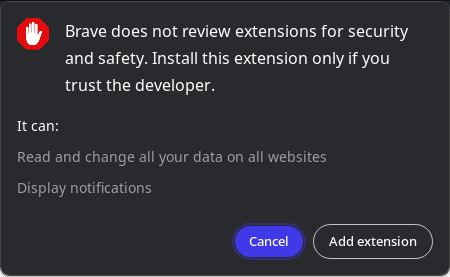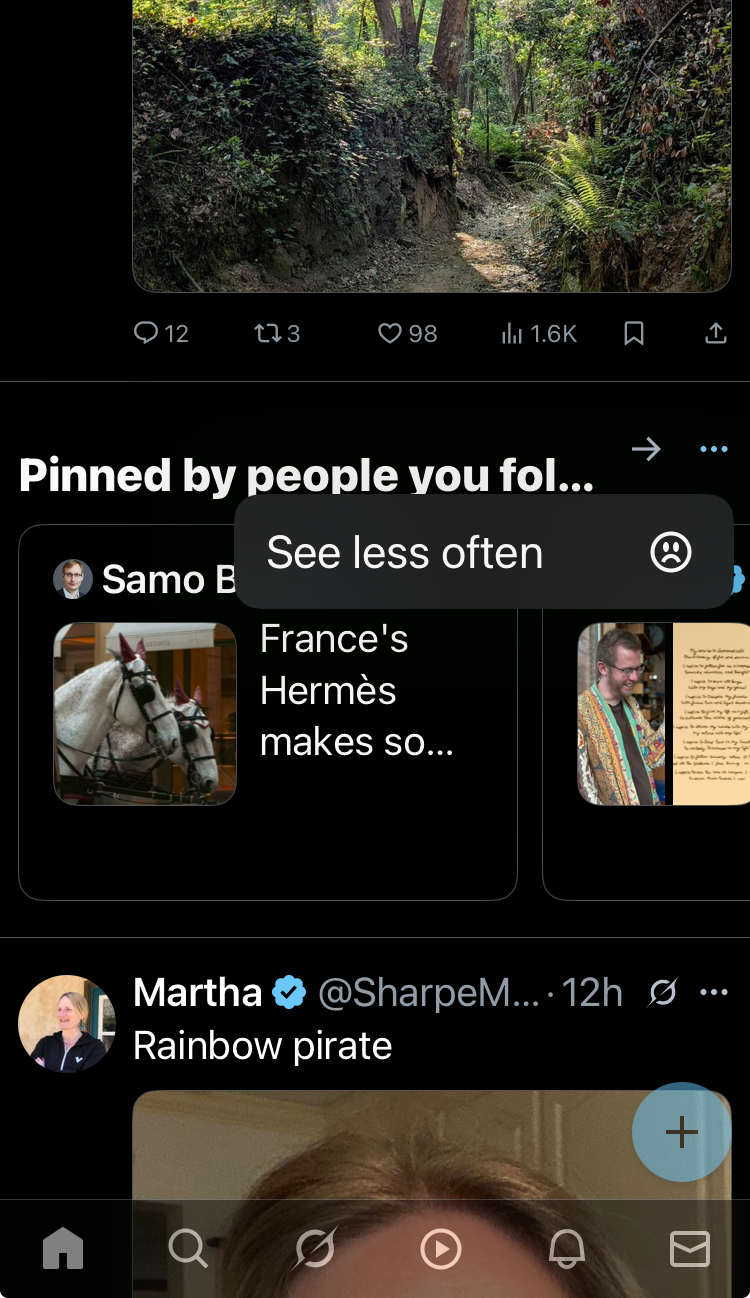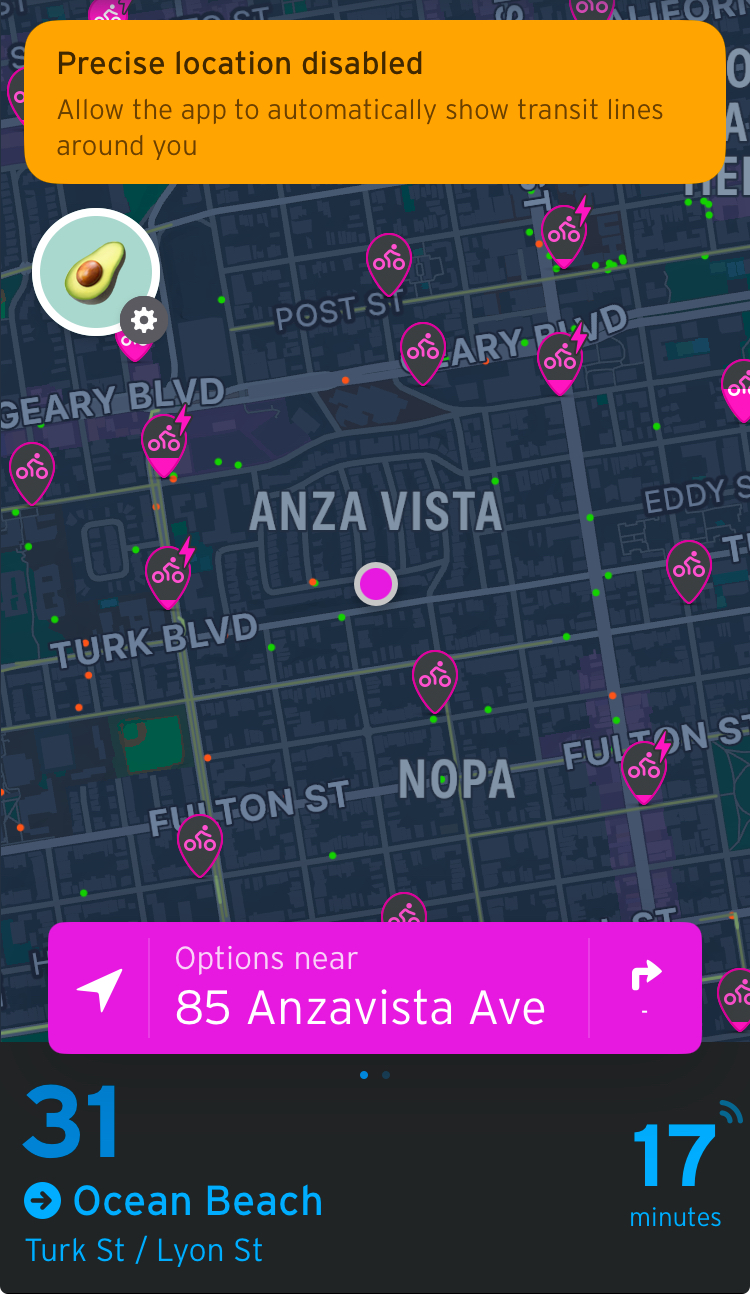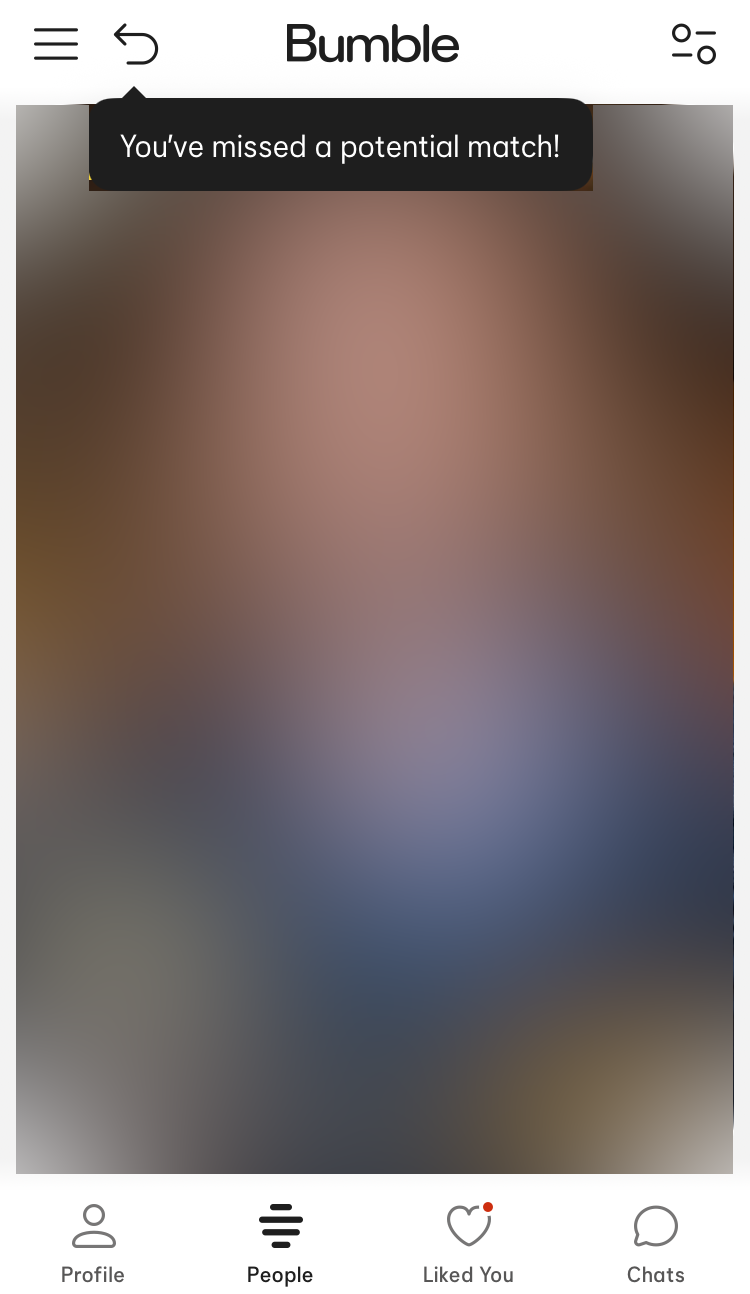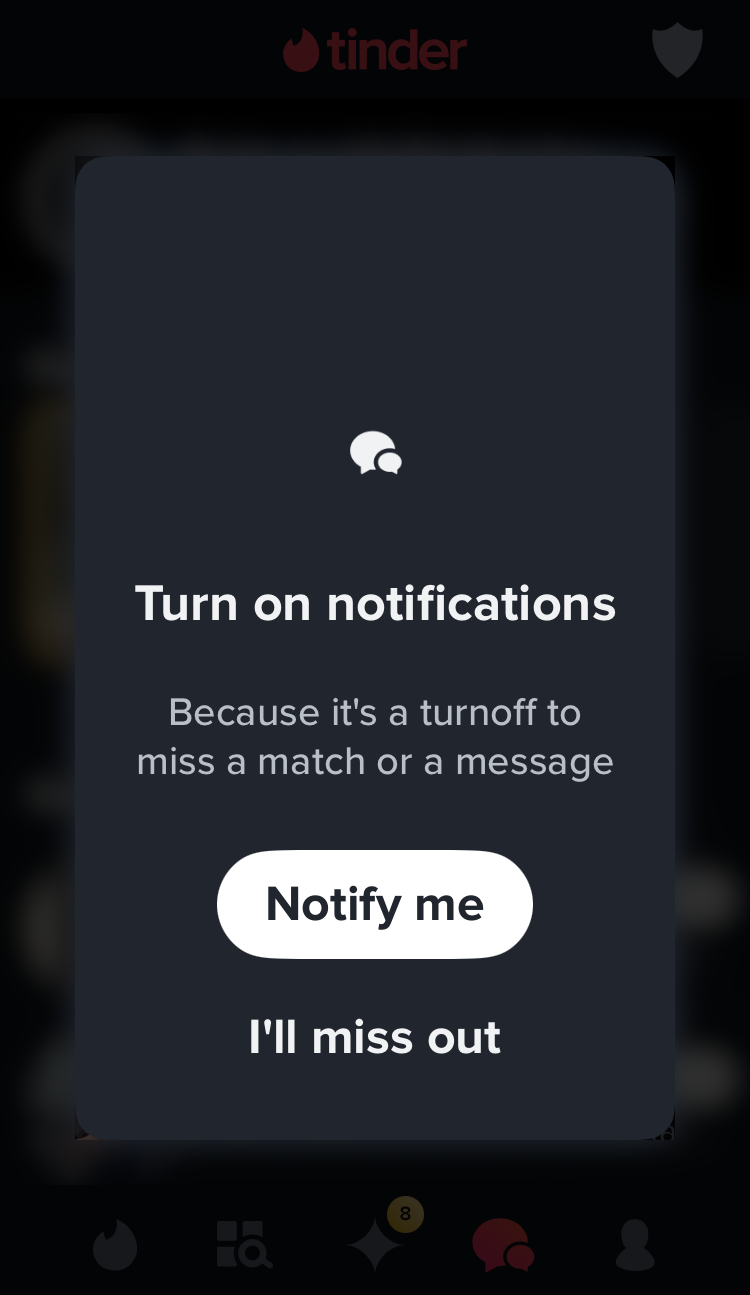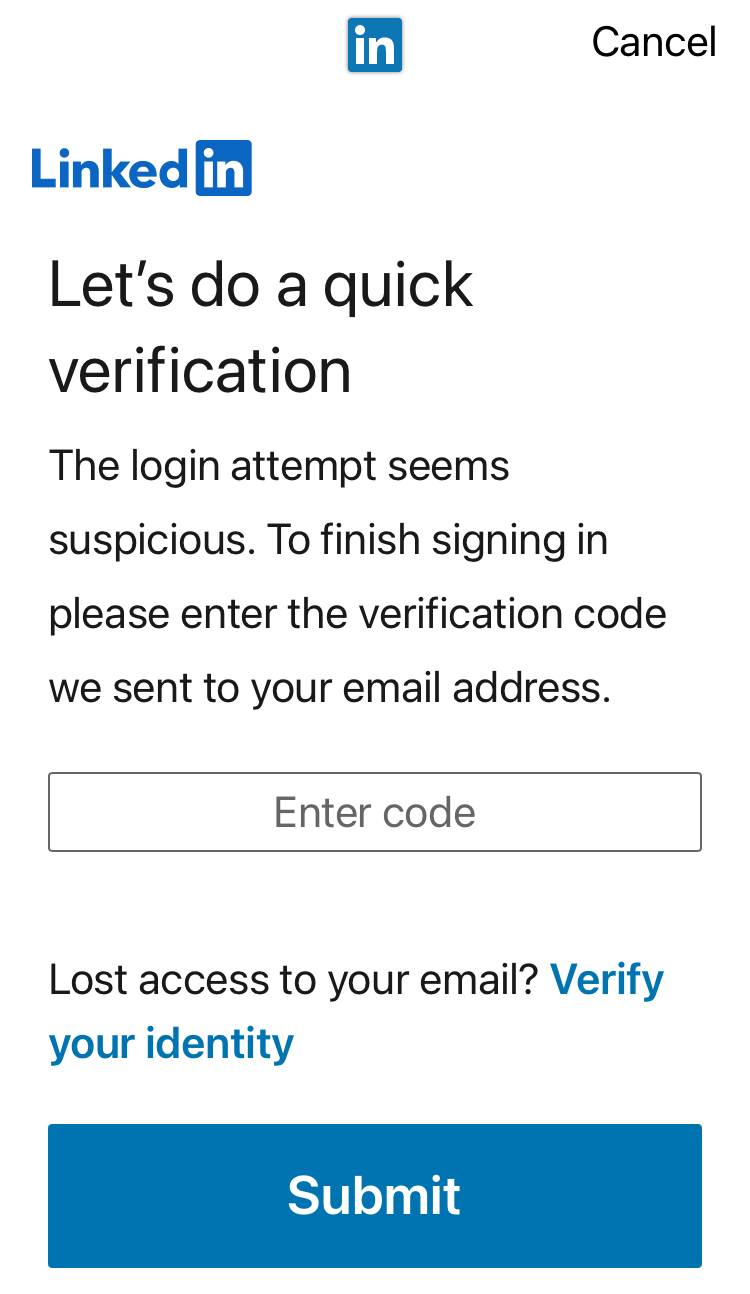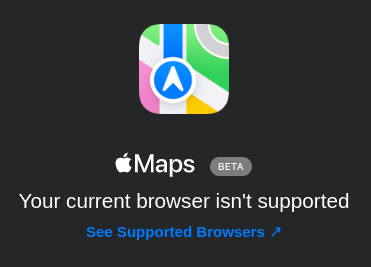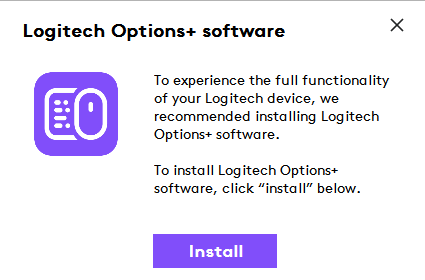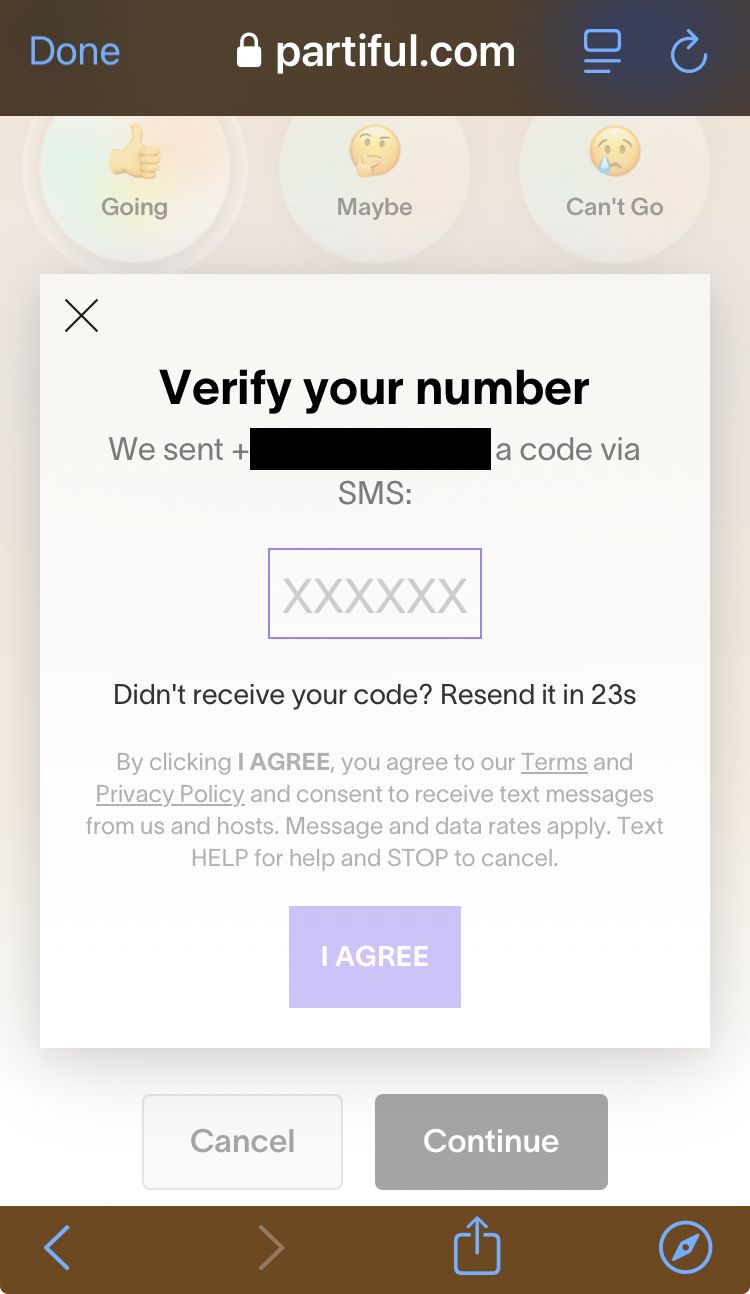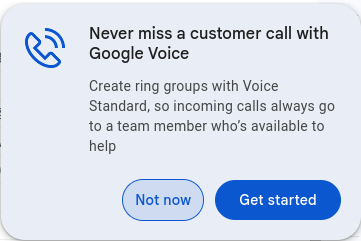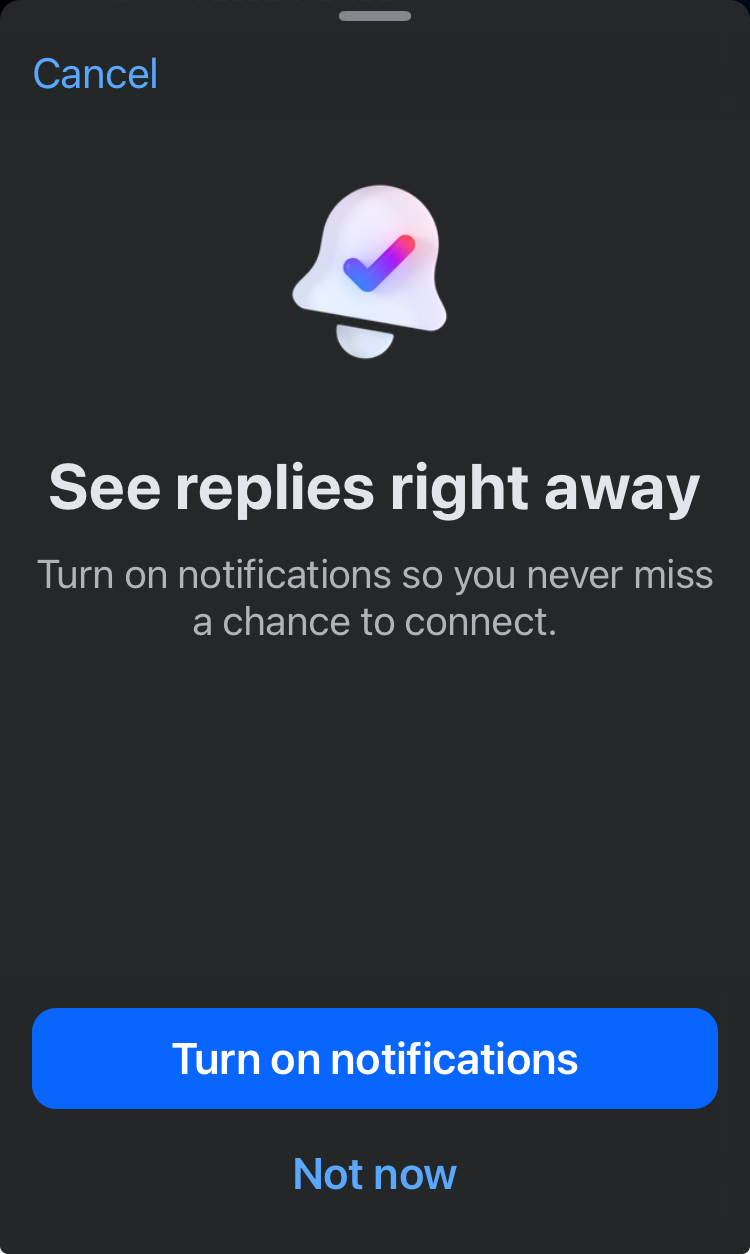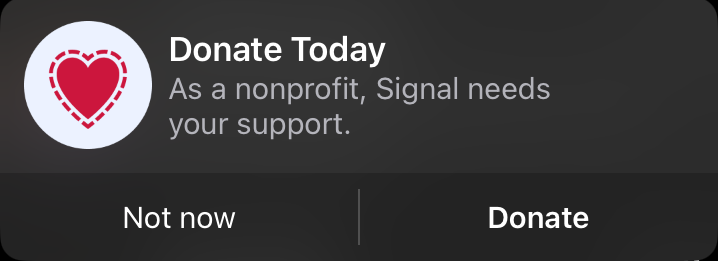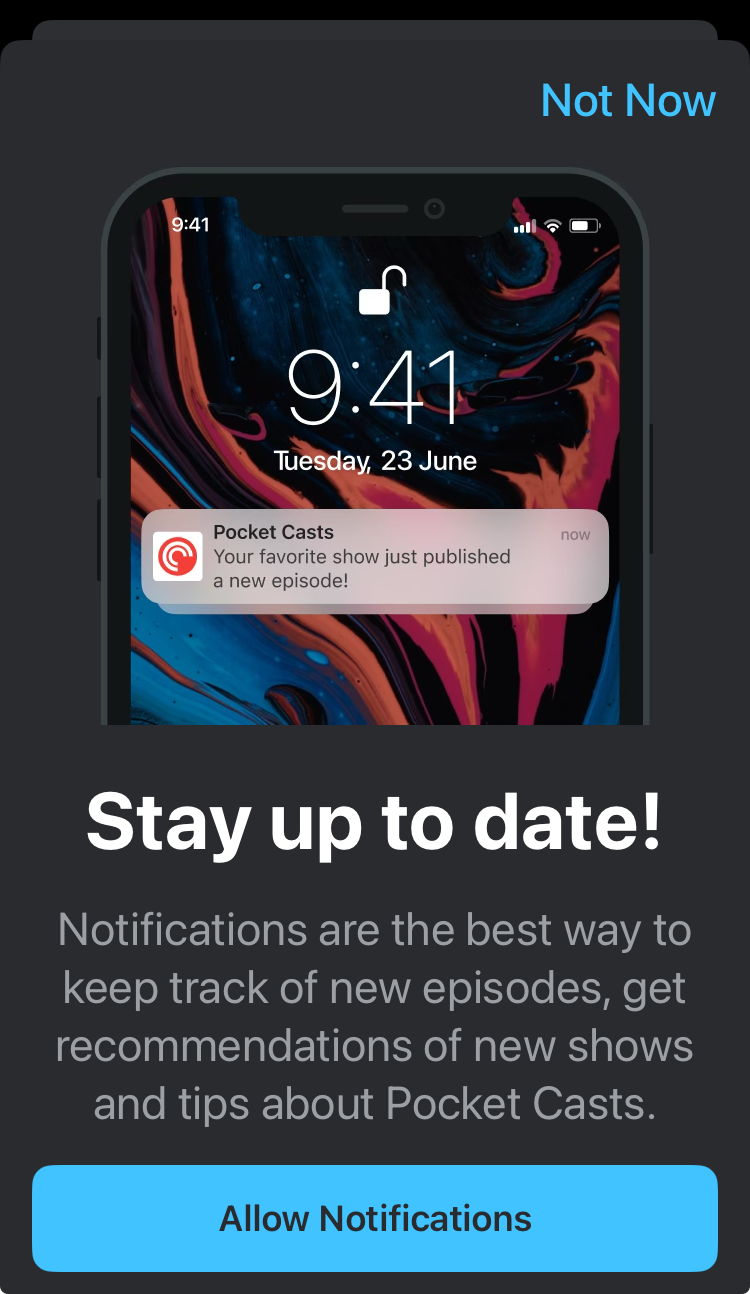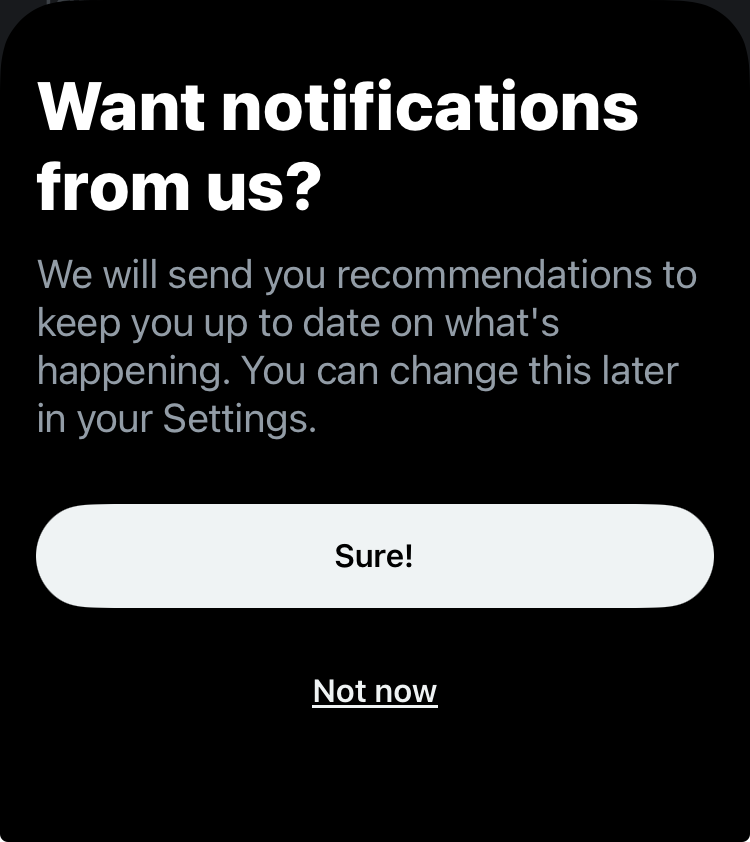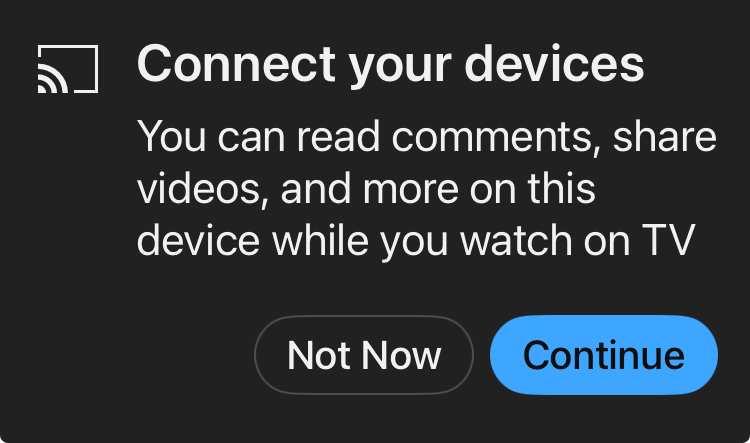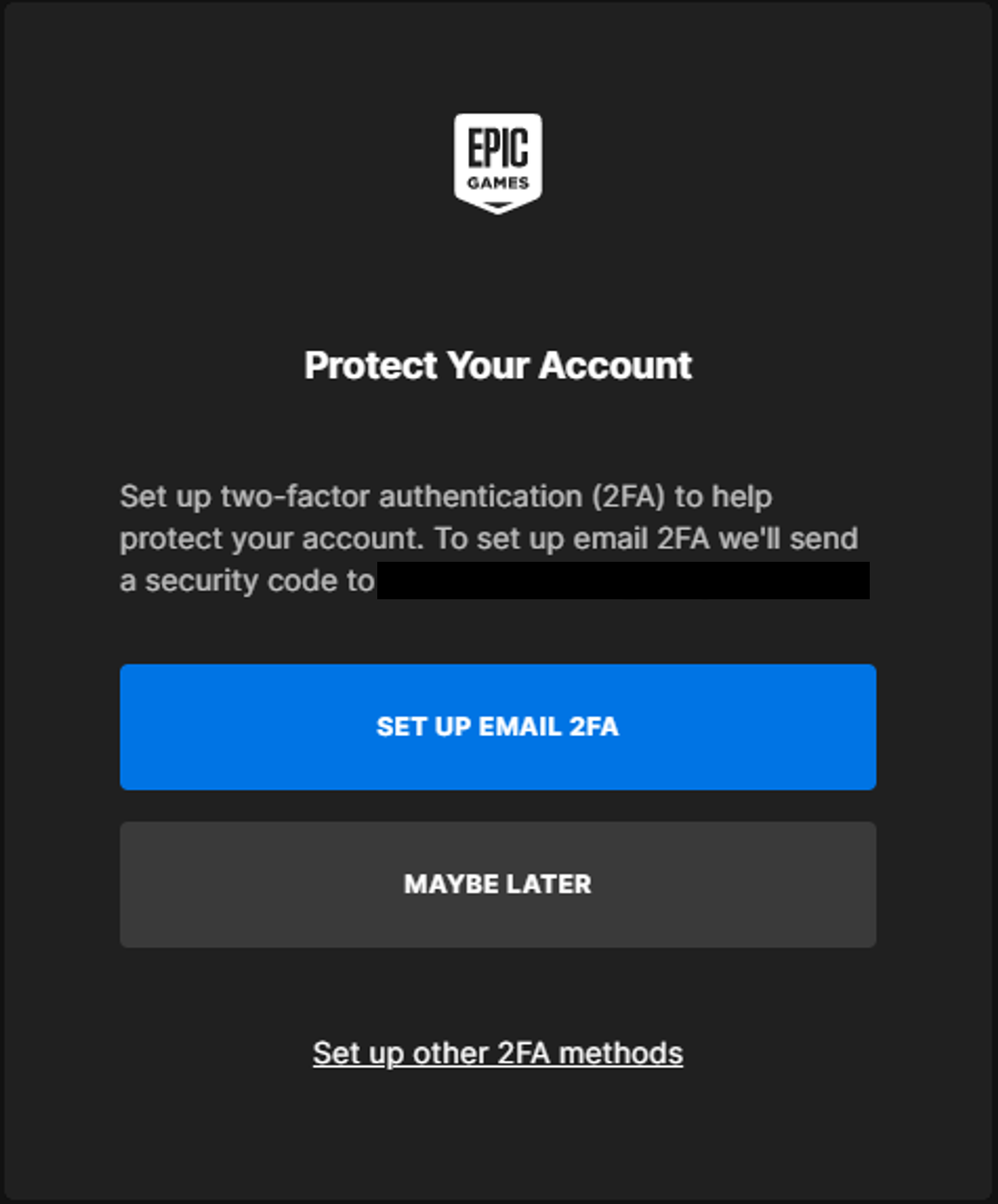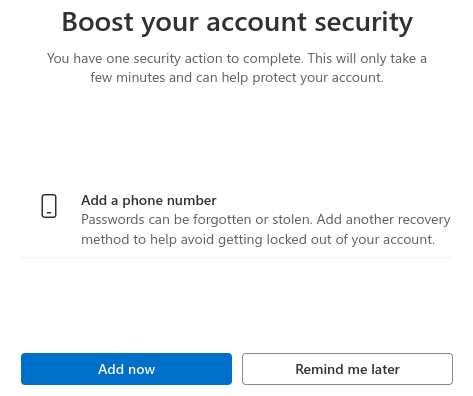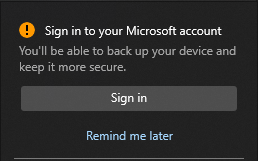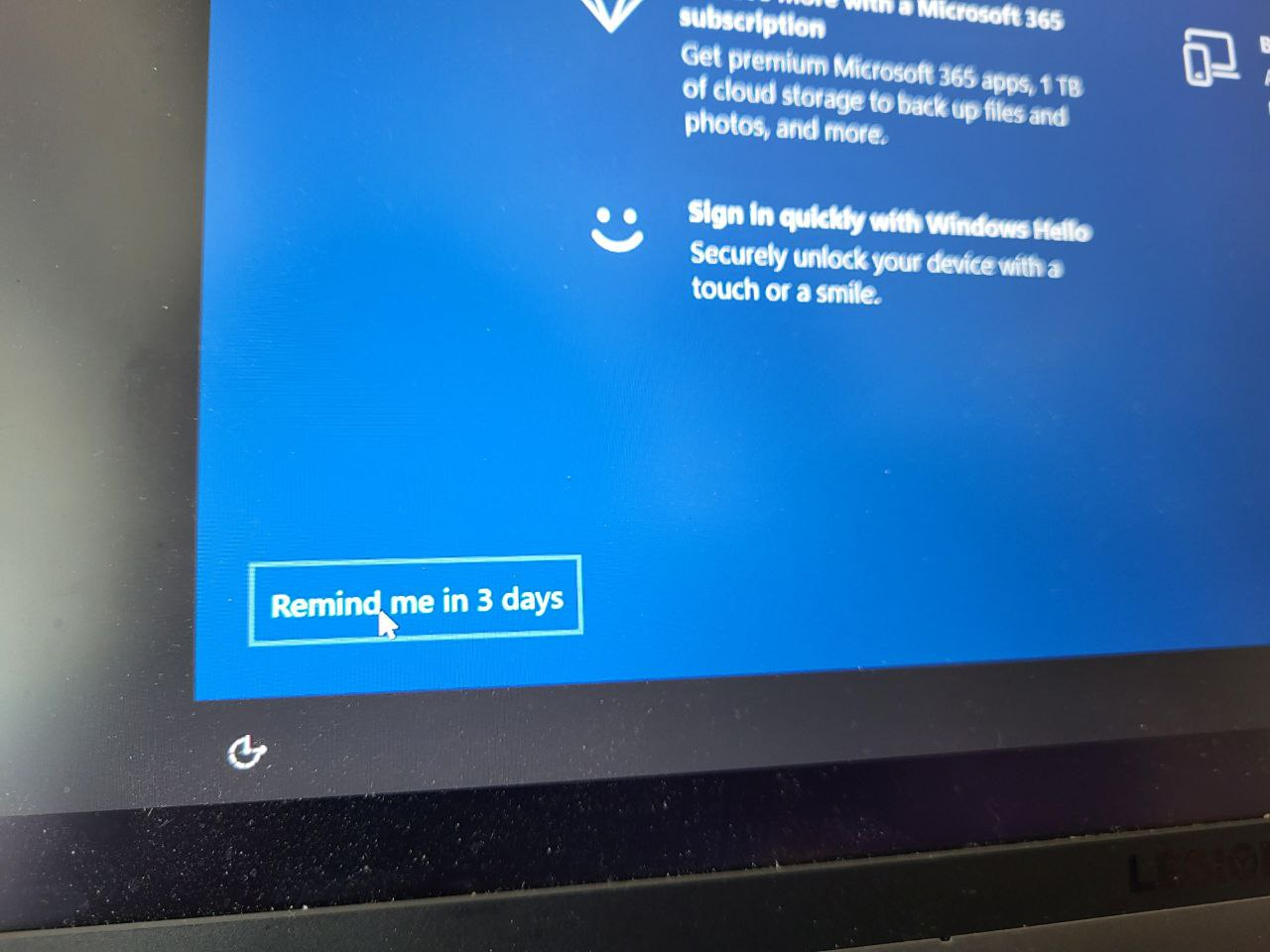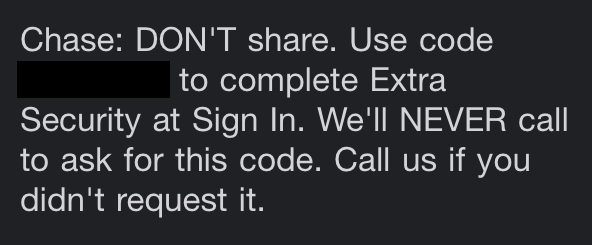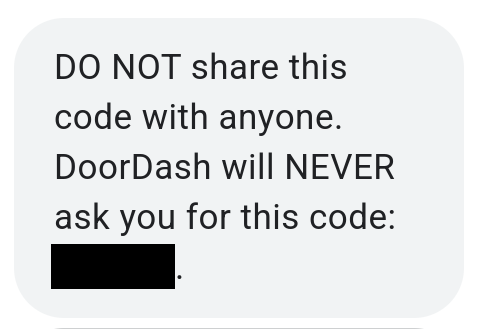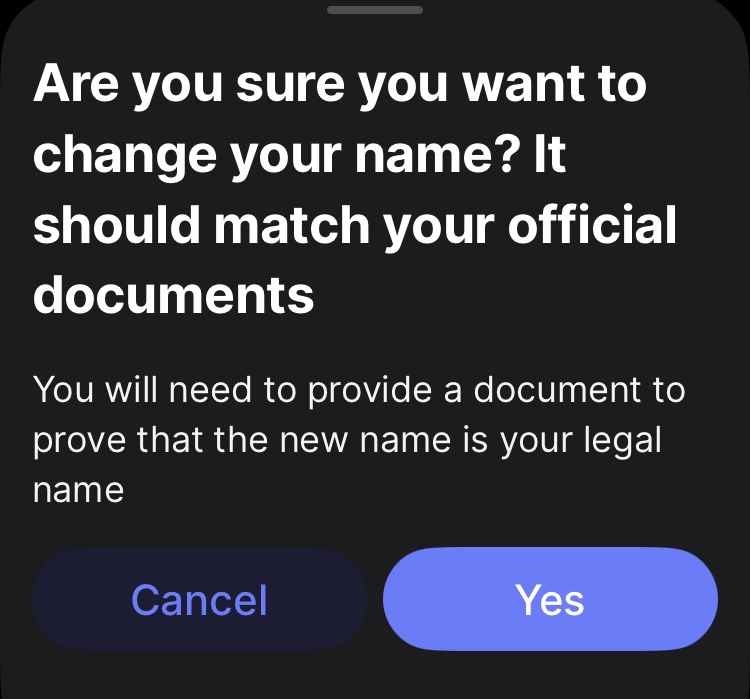That Friend That Nobody Likes But Everybody Talks To Anyway
The way my friends treat me is important. They make me feel safe, empowered, playful, ... more myself. We expect each other to be kind, reliable, and accommodating.
In fact, I expect this of everyone I interact with on a regular basis. If I interact with a stranger in a caring and respectful way and I'm mistreated, then I will say something or disengage with them.
And yet, it seems like a significant amount of my daily interactions that are human-like are with machines. I'm not talking about the new generation of AI chat interfaces that have sprung up in the last 2-3 years. I'm talking about all the pre-scripted notifications and dialogs that the makers of software put in their products. For example:
These messages were written by others to (1) give the user some information and/or (2) ask them to make a choice. While in past years, it was common to encounter messages where it's unclear what was being communicated or asked of the user, that’s fairly rare now.
So clarity is not what we'll look at, although I'm sure that's still a challenge on the frontier of the software world. Instead, I'll talk about how the messages compare to interactions with humans. The reason is because I think the information we read in books, on street signs, and in phone apps are interpreted as if they were said by a human, even outside of social contexts.
It's as if they were said by a stranger... As I mentioned above, I expect even strangers to treat me in a caring and respectful way. But when I survey the software landscape, that's not what I see. Like an abusive relationship, no single instance is deeply disrespectful, but when viewed as a whole, it portrays the software industry as coercive, bad actors who...
Give choices where none of them allow the user to express their desire/intent
User interfaces are beautiful because they let the user express themself in ways that are new and powerful (e.g. reaction emojis, GIFs, video game player inventory, massive multiplayer competitions). However, this format can also create negative feelings when the user doesn’t feels seen or they feel mistreated.
Since user interfaces are rarely changeable, compromise and negotiation are not possible. People are forced to either accept the conditions or walk away. And walking away often means disengaging with a system underpinning interactions in society.
The most common example are recurring notifications. The designers of software want to push users towards certain behaviors (often at their expense). Just as people make impulsive purchases in the checkout line at stores, so too do they accept the conditions of these frequent asks by the software interface after they repeatedly expend will power not to just choose what is salient (e.g. the shiny blue button).
One direction designers could move in is to allow users to be more expressive. Instead of the choices “Yes” and “Yes, but later”, they could also offer... “No”? Or at the very least, create a configurable setting that turns off the scheduled repetitions.
Some apps say they require location for usage, even if the functionality the user wants to access does not require giving their location. This can introduce a challenge with dating apps. When the user travels, they may not want to see matches in their new location, but most apps will by default show people nearby. Some have a way of reversing this effect by letting the user travel (back to where they live), changing the location, but the app will report to others who view their profile that the person is far away and that can influence people's decisions for matchmaking.
Compromising with browser extensions is not possible. The user must first allow them the most permissive options. Only afterwards can they restrict the extension to only running on specific websites. Or, if they only downloaded the extension to interact with the features that don't need access to web page, they will need to give the extension permissions anyway.
To be clear, there is no reason email providers cannot simply receive an email from an address the user has blocked and then delete it automatically. For some reason, GMail sends blocked emails to the spam folder. Spam has become a new, second inbox. What each user defines as “spam” is different, so it's common for users to check their spam folder regularly. It's even encouraged by many apps (that opt users in to using email to log in). But if emails sent from blocked, abusive accounts show up in the spam folder, the user will see them anyway.
Many of these problems could be solved by more customizability. However, one unfortunate consequence of increasing customizability is it increases the surface area for bugs in the software. Of course, there are many factors that affect the number of bugs (the people, the domain, the development speed, ...), but if you just imagine two software that are identical except for customizability, the more customizable one is likelier to have bugs. On the other hand, what you might get is better user experience (or not, if the bugs break functionality). It’s a tradeoff.
Punish the user
Even when software does give the user the choice they want, they're often punished for not doing what the developers wanted.
Another form of this is when an app anthropomorphizes itself (e.g. with a face) and expresses discontent with the user's decisions. This can create small emotional hurdles for the user in doing what they really want, although the code executing has no real thoughts of its own.
It's similar to a manipulative tactic real people use in coercing others, using strong wording, facial expressions, and gestures to evoke an emotional response of sympathy in others, when the one putting on the display has little to no embodied feeling.
Apps generally want to know your precise location. It makes development easier and often makes the user experience better. But not all users want to share their location because it also allows better profiling of users for when the app shows ads or wants to sells user information to other businesses.
Sometimes, the app will negatively comment on the user's behavior. Above, it's as if the app is encouraging the user to say yes when they want to say no. Like two women at a bar, one asking the other if they think a guy is attractive and then commenting, “Why are you so picky? He thinks you're hot...” when her friend says she's not interested.
If the user won't turn on notifications, they are forced to admit that they have made a bad decision. Like a child slapping their friend with their friend's own palm, “Stop hitting yourself. Stop hitting yourself.”
Represent things as truth instead of voicing them as suggestion or observation
What is meant by a message is important, but so is how it’s communicated. If I’m providing a service to someone, I may make assumptions about their behavior, but I won’t make strong, pejorative statements about it. But the creators of software will:
If I think someone is acting in a suspicious manner, I won’t tell them. It’s both rude and gives away my leverage (if I suspect something is amiss). I much prefer communication like “For added security, we’ve...”.
My video file is not too large. Too large for what? And is 5MB a large video? What I would have preferred to hear is “Sorry, our platform only accepts files of 5MB or less.” That’s what I would say to a stranger. The platform didn’t state its requirements in an obvious place, so can they really blame me for being non-compliant?
You must. This needs that. So-and-so is required. Don’t do this. Why? If someone naively trusted software the way they trusted people, they would of course install this needed Game Bar. But in the next line, it says it’s just for voice chat. Why couldn’t the software say, “If you’d like to use the voice chat feature, please click here to install.” Let’s be nice to each other! I want to be friends with the autonomous beings that inhabit my computer and I want them to be friends with me.
It’s funny how many software error messages a person can ignore and dismiss and still seem to use the product fine. Even if a developer feels somewhat confident you won’t be able to run their software, there’s probably not a high risk of letting the user try anyway (famous last words, I know). Please trust us users to be intelligent adults and then provide guard rails (e.g. confirmation dialogs, undo features) so that we won’t make irreparable mistakes when our understanding is lacking.
Make choices on your behalf without consent
If someone doesn’t find the relationship with their friend mutually beneficial, they might cut off connection. In the software landscape, however, people are often forced to depend on software that has proven itself again and again to be untrustworthy.
Why? Choices are limited. Moxie Marlinspike has a great talk about how giving up your privacy is increasingly a necessity to participate in society and the democratic process. When a person’s agency is diminished, while they technically make choices, I think the suffering it causes them or others is hard to pin exclusively on them.
Why is it the norm that making an online purchase means the customer will thereafter receive a regular email from the seller? Why is one’s phone number—a public number that never changes and has little to offer to protect against unwanted solicitors—the only means to engage with so many commercial software?
I love that password managers are synced and integrated into laptops and phones. I love that there’s usually the option to protect an important account with extra security. But they should ask the user if they want to enable this feature. They should at least inform the user it’s happened and why.
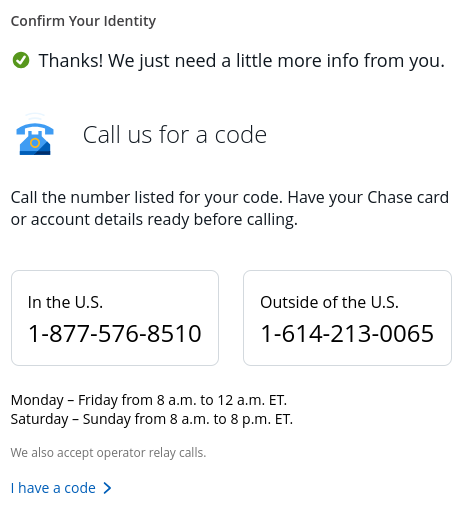
3FA (Three Factor Authentication): (1) Password, (2) phone text, (3) a call to customer support during specific hours
Why is a customer representative testing me on which car I drove or where I lived 20 years ago? Why does knowing my mother’s last name let a malicious user reset my bank password? When did I consent to any of this?
Software creators and institutions make so many decisions on behalf of people and don’t provide the means to adjust if it’s not a person’s preference.
"To help keep your account safe, Zoom has sent a notification to your other device to verify this sign-in. Tap Allow on the notification to continue"
So, what you can do about it?
If you take one thing away from this, let it be to consider how the text you write lands for other people, especially if there won’t be another human present to add more grace.
Additionally, try to be transparent without blaming the user or making choices for them. And when you must, tell them why as much as possible. If the user would be surprised in a bad way if you did something on their behalf, you probably shouldn’t do it. If they wouldn’t want you to know something, there’s a good chance you shouldn’t know it.
Appendix
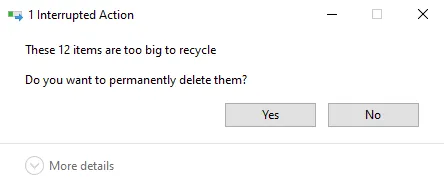
Presents consequences with no explanation. Why are these items too big? How does one create more space in the recycling bin?
Curious about hiring me or working together? Check out my hiring page. You can also hear more from me on YouTube or Twitter.
